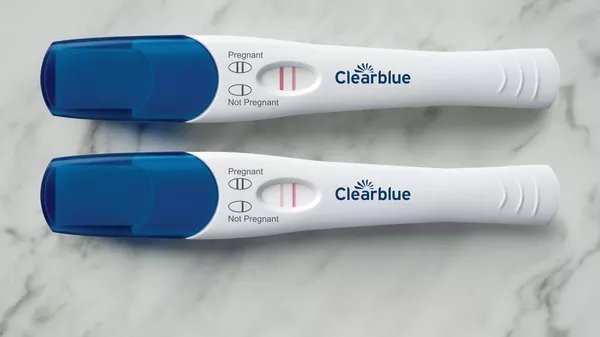Data unveiled at the ASRM Scientific Congress & Expo suggests a notable increase in rates of vasectomy and tubal sterilization in the aftermath of the Dobbs decision, which marked the removal of a federal right to abortion.
Research findings, presented by Jessica Schardein, MD, MS, an andrology fellow and visiting instructor at the University of Utah Health, indicate that the rate of tubal ligation notably surged in states where abortion was made illegal. In contrast, an increased prevalence of vasectomies was observed across states with differing levels of abortion access.
“It is interesting to see the consistent increase in vasectomies post-Dobbs among most states regardless of legal climate,” said Schardein. “Often reproductive health and contraception falls on the onus of the partner with a uterus, so seeing the other partner ‘step up’ and take responsibility to ensure there is no unintended pregnancy highlights how reproductive health matters to all people, even those without a uterus who may be carrying a pregnancy or undergoing an abortion.”
Schardein and her team conducted a retrospective review of data encompassing 217 million U.S. patients within the Epic Cosmos database. Their analysis involved demographic data from all adults aged 18 years or older who underwent vasectomy or tubal sterilization. The study period spanned from July to December 2021 before the release of the Dobbs decision and continued from July to December 2022 after the decision. To explore the associations in relation to the legal status of abortion across different states, categories established by the Center for Reproductive Rights were employed.
The research findings revealed the following:
Among adults under the age of 30, rates of vasectomy (incidence rate ratio [IRR] = 1.59; 95% CI, 1.48-1.7) and tubal sterilization (IRR = 1.29; 95% CI, 1.24-1.35) significantly increased after the Dobbs decision.
Among unmarried adults, the vasectomy rate also saw a significant increase (IRR = 1.13; 95% CI, 1.08-1.18), while the rate of tubal sterilization remained unchanged.
Vasectomy rates were consistently higher in states that either prohibited or severely restricted abortion both before and after Dobbs. Remarkably, all states experienced increased vasectomy rates after the Dobbs decision, irrespective of the legal status of abortion.
Tubal sterilization rates were higher in states where abortion became illegal, both before and after Dobbs. They rose significantly after Dobbs only in states where abortion became illegal.
States with notable increases in vasectomy rates post-Dobbs included Tennessee and Missouri, where abortion became illegal, and Virginia, Vermont, Florida, and Nevada, where abortion remained accessible. In the case of tubal sterilization rates, the greatest increases were observed in states where abortion became illegal, as well as states where abortion remained available, including Virginia, Massachusetts, Washington, New Jersey, and Utah, which has significant abortion restrictions.
Schardein emphasized the study’s importance in understanding how changes in reproductive health laws can influence decisions related to permanent contraception. She underscored the significance of offering appropriate counseling to reduce the risk of unintended pregnancies, especially in the context of abortion restrictions. The study’s findings point to the continued need to provide permanent contraception options to patients uninterested in future fertility, regardless of age or marital status, to ensure reproductive autonomy.
Patients may require increased access to these procedures if the observed rate increases persist over time.


